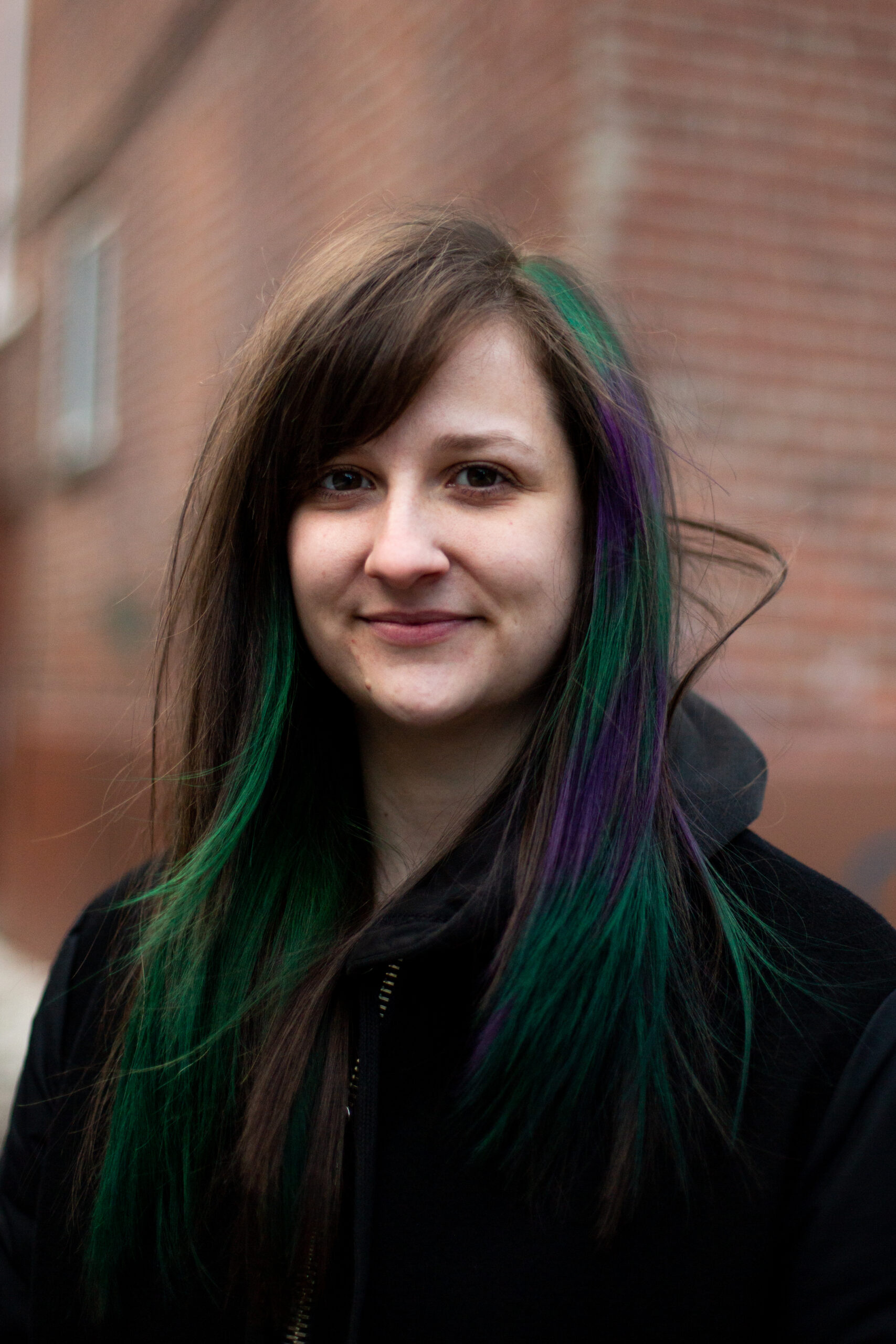As part of Semaine du Neuf 2024, the Paramirabo ensemble will present a concert on Saturday, March 9, dedicated to three compositions by Jimmie Leblanc. The main theme is the haptic experience, in other words, the experience of touch. To put together this program, the composer revisited and reworked works composed nearly 10 years ago. One of these, Ice, was created in collaboration with artist Fareena Chanda and physicist Stephen Morris. At the heart of this project, therefore, is a strong interdisciplinary focus on the active experience of music and art. PAN M 360 spoke to Jimmie Leblanc and Fareena Chanda about the conception and rehabilitation of Ice.
The three pieces on the program for Saturday’s concert all follow the same continuity and logic of writing. First, there was And the Flesh was made Word, then Ice, and finally Clamors of Being, the latter presented as a diptych with the former. These three works are part of the same continuity, responding to the same objectives, but where Ice nevertheless stands out as a separate piece.
Ice was created in 2015. The trigger was Toronto’s Subtle Technologies festival, which brought together composers, artists and physicists. Jimmie Leblanc explains: “There were several events in that festival that involved technologies and all that… Then the project was to pair composers with artists and scientists. There were meetings where everyone presented their approach, and there were groups that were made.” Leblanc, Chanda and Morris’ shared interest in haptic experiences led them to meet, and then create together. “There was the idea of working on the sensation of the work, whether visual or sonic, on a kind of energy or the immersive principle of the work,” adds Ice‘s composer.
As the title suggests, the piece is about ice, and more specifically, how it forms: Stephen Morris was interested in how ice cubes form. It was after a visit to his laboratory that the creative work began. Fareena Chanda sought to visually represent the physicist’s experiments, while Jimmie Leblanc wanted to musically convey a range of textures. As he explains: “The textures were thought out in terms of the different states of ice that can be found. More or less fluid, more or less rough, more or less abrupt, all sorts of sensations you could find. The visuals went a bit with that too.”
For the concert, we had to adapt the work a little so as to be able to present it in a different context from the one in which it was created. “Originally, the installation had been imagined as U-shaped, as an environment you could sit in, with three screens and a metal floor to add that haptic, sensory aspect, to allow the audience to be immersed by appealing to all the senses,” Fareena Chanda explains. That said, the work will be presented on Saturday at the Centre PHI, whose layout and modalities differ greatly from the original creation site. “We wanted to maintain the haptic and immersive experience of the piece, particularly the way in which you find yourself integrated into the work. We researched materials on which to project the video elements that would also convey the textural element of the piece. I think this place will be a bigger immersive environment than the first time,” adds Fareena Chanda. The scores of the three pieces on the program have also been revised by Jimmie Leblanc, and we will then witness the creation of this new version.
As such, this concert promises to be truly interdisciplinary. This aspect manifests itself in different but complementary ways in the artistic approaches of both artists. For Fareena Chanda, interdisciplinarity is an integral part of her creative process: “I work at the intersection of conceptual and installation art, and use mixed media as much as traditional methods. I practice research as art, where sketches and drafts become part of the final work. And sometimes, the work becomes a kind of amalgam, for example, an installation, as in this case, where I want the public to retrace the same creative journey as I did.”
“For my part, as a composer who mainly makes instrumental music, I’d say that interdisciplinarity comes from my work with performers. Their specialty is performing, mine is composing, but these are two disciplines that are in constant interaction, to the point where it becomes normal and you stop thinking of it as interdisciplinary. On the other hand, when I come across projects like Ice, there’s a real interdisciplinary relationship that develops, where you have to create with other artists who potentially have different conceptual paradigms,” adds Jimmie Leblanc. In his work, interdisciplinarity is an element that has the potential to nourish his creative approach and that of his collaborators, and vice versa.
The public is invited to take part in this immersive concert experience, in which we’ll be immersed from the moment we enter the auditorium. As Fareena Chanda explains, this event also touches on some more abstract concepts. “There’s this relationship between what’s hidden, the passage of time, and this work that invites the public to enter this space as active participants. Very active, in fact. Active with the body and all the senses. In all my works, my goal is to invite people to embark on a journey, without it being done in a prescriptive way.” The installation will also be open and accessible on Sunday, with a recording of the instrumental part of the performance.
The Ice concert will be presented on March 9, 2024, starting at 6 p.m. at the Centre PHI, with Ensemble Paramirabo. As part of the Semaine du Neuf from Le Vivier. INFO AND TICKETS HERE!
